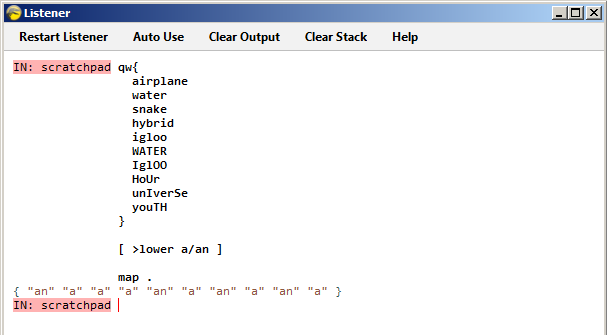Given a string consisting of only upper and lower case letters, output an if it begins with a vowel, and a if not. For the purposes of this challenge, we'll ignore normal grammar rules, and use a very basic rule instead: if the input begins with a vowel (any of AEIOUaeiou), then output an. Otherwise, output a.
Your program should be case insensitive (computer and CoMpUtER are the same). This is code-golf, so the shortest code in bytes wins
Test cases
airplane: an
water: a
snake: a
hybrid: a
igloo: an
WATER: a
IglOO: an
HoUr: a
unIverSe: an
youTH: a
Note that for the last 3, they contradict typical grammar rules, in favour of our simplified rule, and that y is not counted as a vowel



hour,universeandyouthas test cases \$\endgroup\$